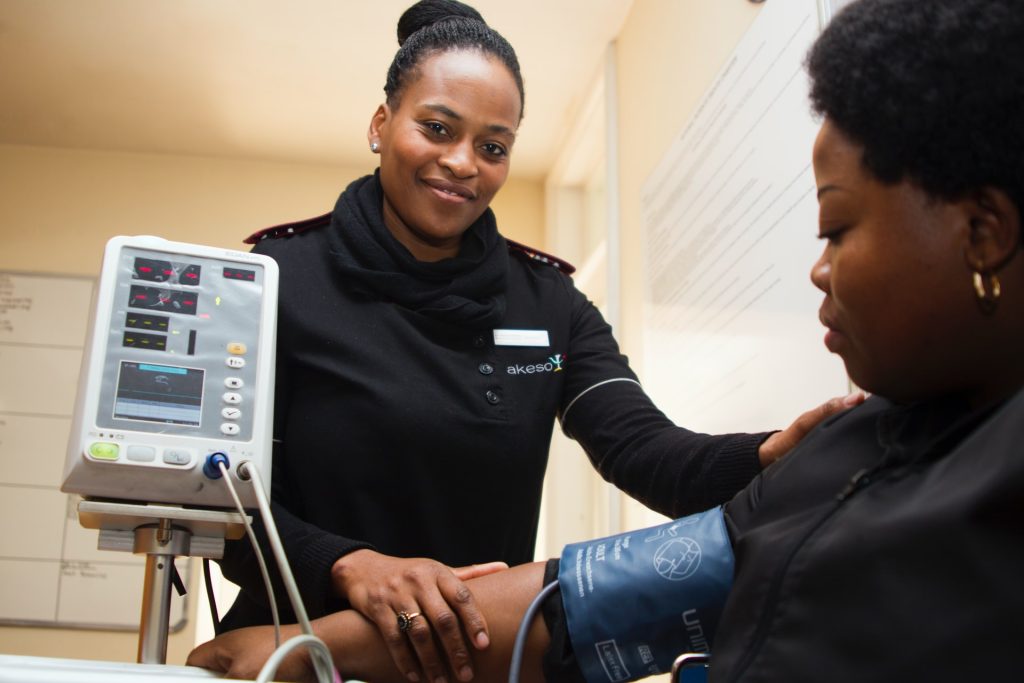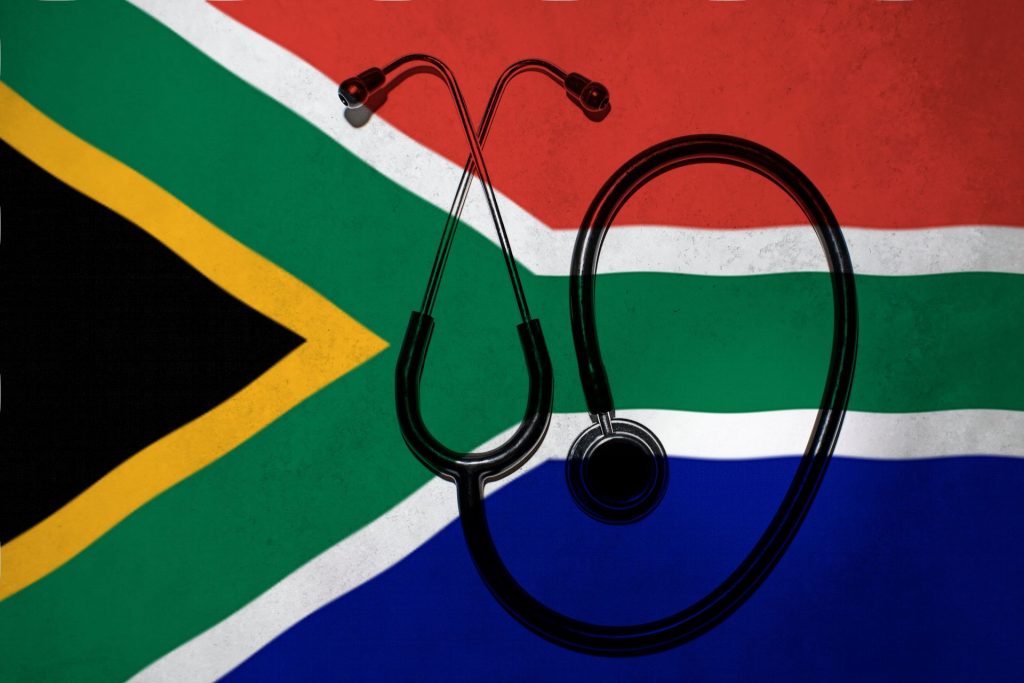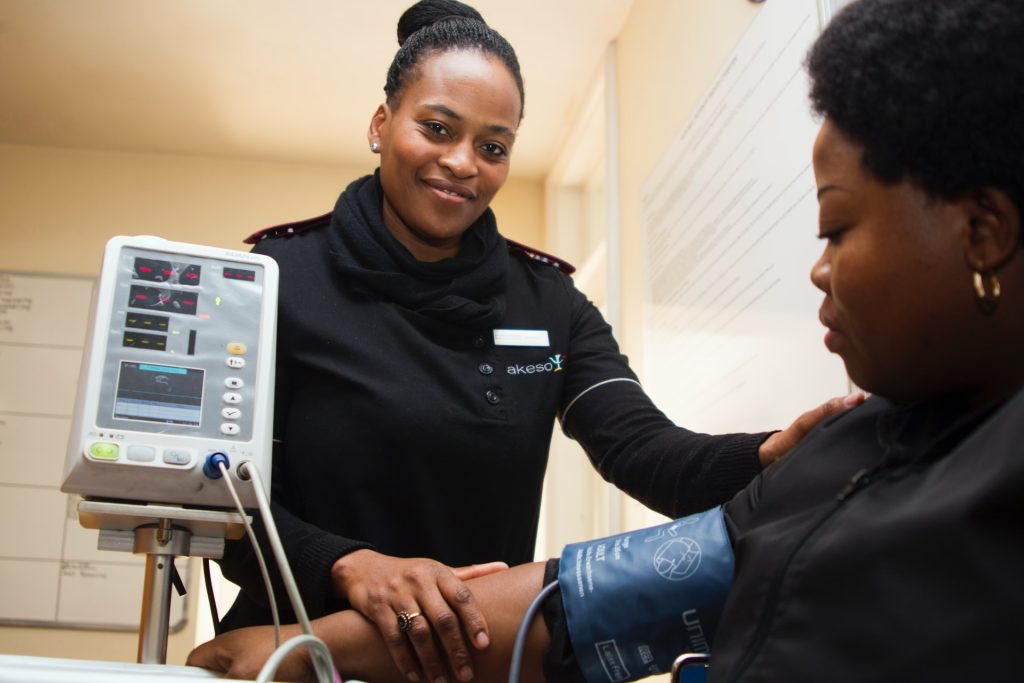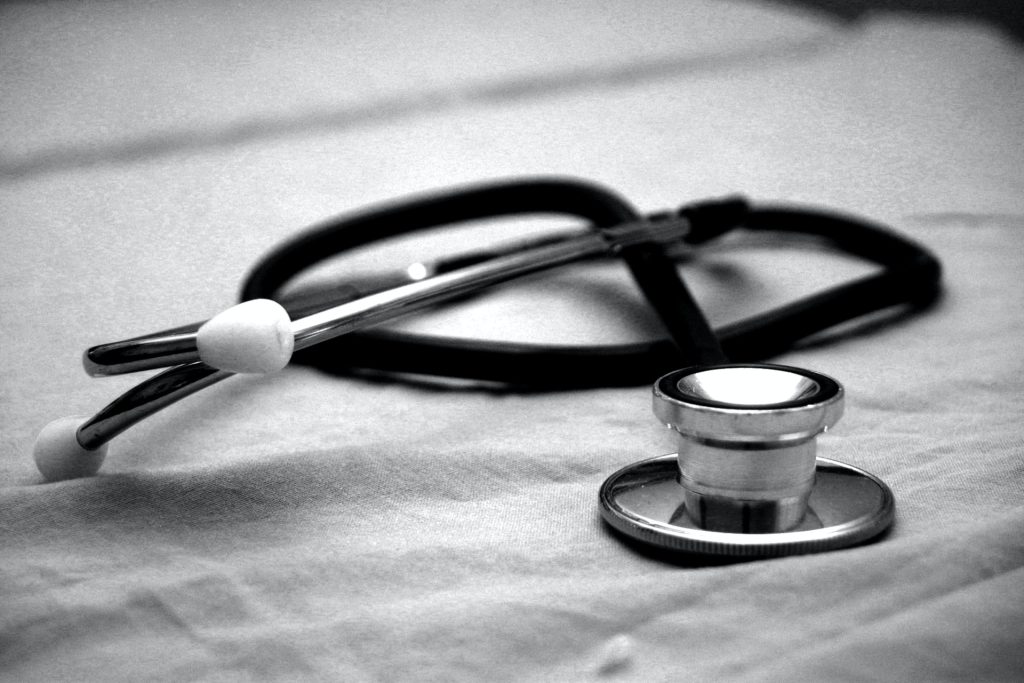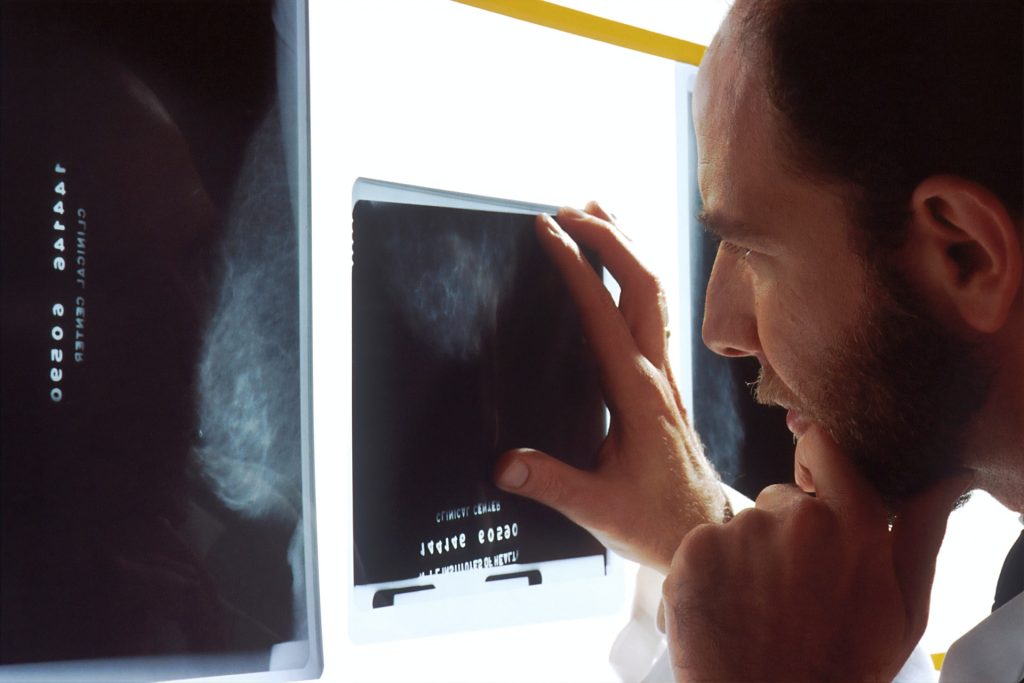A Legal Look at The National Health Insurance Bill

By Martin Versfeld, Prelisha Singh, Glenn Penfold & Robert Appelbaum, Partners at Webber Wentzel
With the National Health Insurance Bill having recently been approved by the National Assembly, many questions and concerns about the practical implementation of the scheme remain unresolved.
The National Health Insurance Bill (the Bill) was recently adopted by the Parliamentary Portfolio Committee on Health and was approved by National Assembly on 14 June 2023. It will now be tabled before the National Council of Provinces.
The Bill provides for the establishment of the National Health Insurance Fund (the Fund) aimed at promoting the laudable purpose of universal access to quality health care. It is envisaged that the Fund will purchase health care services and products from accredited health care service providers and health establishments (including hospitals) (which we refer to, collectively, as “service providers”), including private service providers that choose to contract with the Fund.
Many stakeholders and experts have raised concerns that the National Health Insurance (NHI) scheme envisaged in the Bill is simply unaffordable, particularly as it would require an extensive administrative apparatus. A related concern is the extent to which the NHI will rely on the public health care system to deliver services, and the capacity of that system to provide an acceptable quality of services. Given the dire state of public health care in our country, it is surprising that the Government persists with plans to spend vast resources on implementing the NHI. Those resources would greatly improve the delivery of quality health care – and universal access to that care – if they were deployed directly in the public health sector.
In view of the questions about the affordability of the NHI, the provisions of the Bill providing for the income of the Fund are of particular interest. Clause 49 states that the Fund’s chief source of income will be money appropriated annually by Parliament. This must be appropriated from collections of, among others, general tax revenue, a payroll tax and a surcharge on personal income tax. This taxation regime is, however, difficult to reconcile with clause 2, which states that the Fund will be funded through “mandatory prepayment” (a term that is defined as “compulsory payment for health services before they are needed in accordance with income levels”), and clause 55(1)(t), which empowers the Minister to make regulations on “all fees payable … to the Fund”.
One of the challenges in interrogating the NHI scheme envisaged in the Bill is that it leaves many of the key issues to be determined later. For example, the extent of the benefits to be covered by the Fund and the rate of reimbursement – both of which are crucial to assessing both the affordability of the NHI and its impact on the provision of quality health care – are not yet known (eg see clause 10(1)(g)). The Bill also leaves a broad range of matters for the Minister of Health (the Minister) to prescribe through regulations. These matters include the rules on portability, which will allow patients to be treated by service providers other than those with whom they are registered (clause 7(2)(b)); the referral pathways between service providers (clause 7(2)(d)(ii)); the coding systems to be employed (clause 39(5)(b)); the relationship between the Fund and medical schemes (clause 55(1)(n)); and “the scope and nature of prescribed health care services and programmes and the manner in, and the extent to which, they must be funded” (section 55(1)(w)).
The Bill’s preamble states that its purposes include to “create a single framework … for the public funding and public purchasing of health care services, medicines, health goods and health related products” and to “eliminate the fragmentation of health care funding”. A key question that arises is what role medical schemes will continue to play and, indeed, whether they will be able to continue to exist. Clause 33 of the Bill stipulates that, once the Minister has determined that the NHI has been fully implemented, medical schemes “may only offer complementary cover to services not reimbursable by the Fund”. Similarly, clause 6(o) states that users of health care services are entitled to “purchase health care services that are not covered by the Fund through a complementary voluntary medical insurance scheme”. In other words, medical schemes may not cover health care services that are covered by the Fund. Since the Fund is intended ultimately to cover a comprehensive range of benefits, the Bill envisages that the businesses of medical schemes will shrink dramatically which may, of course, threaten their continued existence. This regime is likely to face constitutional challenge, including on the basis that it infringes: (a) the right to access health care services, by forcing many people who currently access private medical care via medical scheme funding to rely on what is currently a woefully inadequate public health care system; (b) the property rights of medical schemes and their administrators; and (c) the right to freedom of trade, occupation and profession.
Another crucial issue is how the Bill will regulate accredited service providers. Clause 39(2) imposes onerous requirements for accreditation, including the submission of a “budget impact analysis”. One area of concern, as mentioned above, is that the Bill does not clarify how reimbursement rates will be determined. Clause 10(1)(g) simply states that the Fund must set payment rates annually “in the prescribed manner and in accordance with the provisions of this Act”. Given its importance to sustainable access to health care, one would at least have expected the Bill to make clear that the payment rates must be set at a level that allows providers to cover their efficient costs and make a reasonable return. Another cause for concern is that clause 38(6) envisages that an accredited service provider must procure health-related products (including medicines and medical devices) according to the Fund’s formulary, and that suppliers listed in the formulary must deliver directly to the service provider or establishment. To the extent that this clause requires private service providers to procure from suppliers chosen by the Fund, this blurs the line between public and private procurement, reduces competition, and unduly restricts private service providers in the conduct of their business.
The role that the Bill contemplates for the Minister is also potentially problematic. For example:
- Clauses 4(1) and 7(1) provide that the Fund must purchase health care services “in consultation with the Minister” (which our courts have held means that the Minister’s concurrence is required). It is wholly impractical to require the Minister to concur in the purchase of health care services.
- It is unclear to us why the Minister must agree on detailed issues that require the application of clinical judgement, such as the benefits to be determined by the Fund’s Benefits Advisory Committee and the formulary to be employed by the Fund (clauses 25(5)(c) and 38(5)).
While seeking to secure universal access to quality health care is generally supported and rightly so, the Bill represents an over-hasty effort to fundamentally restructure the country’s public health service with potentially devastating consequences for healthcare providers and consumers alike.

